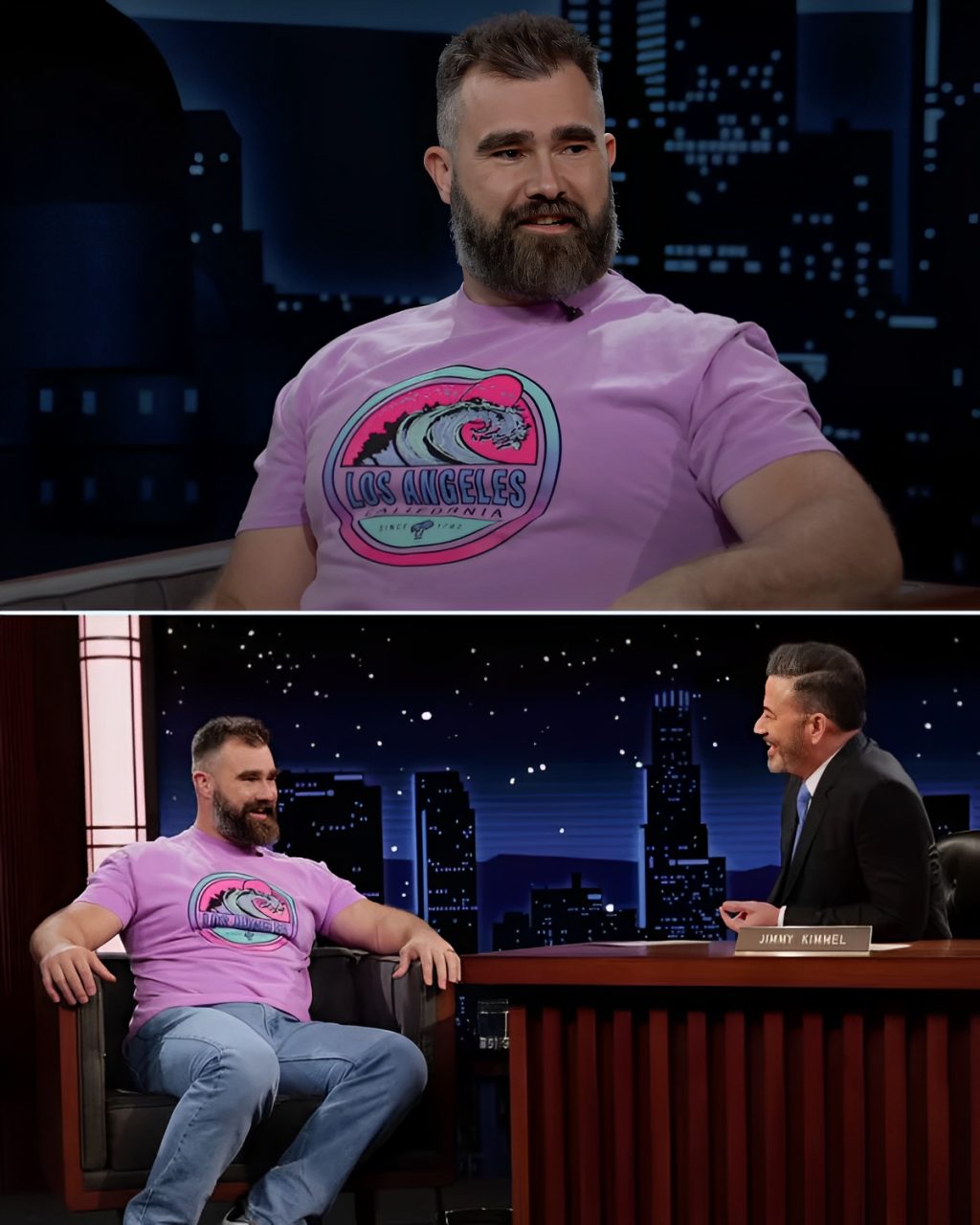Some of The Flash’s spoilers have proved to be controversial, but George Reeves’ black-and-white Superman cameo appearance is especially problematic.
The cameo appearance of George Reeves’ Superman in The Flash has proved to be a point of contention due to the actor’s tragic real-life story. Barry Allen’s multiversal shenanigans in The Flash affect the whole DC multiverse, which includes the DCEU, Tim Burton’s Batman universe, and a few other realities that bring both new and famous versions of DC characters into the fold on the big screen. But while a shared appearance by actors from different DC universes may sound like an exciting concept, certain creative choices in The Flash have been branded as insensitive.
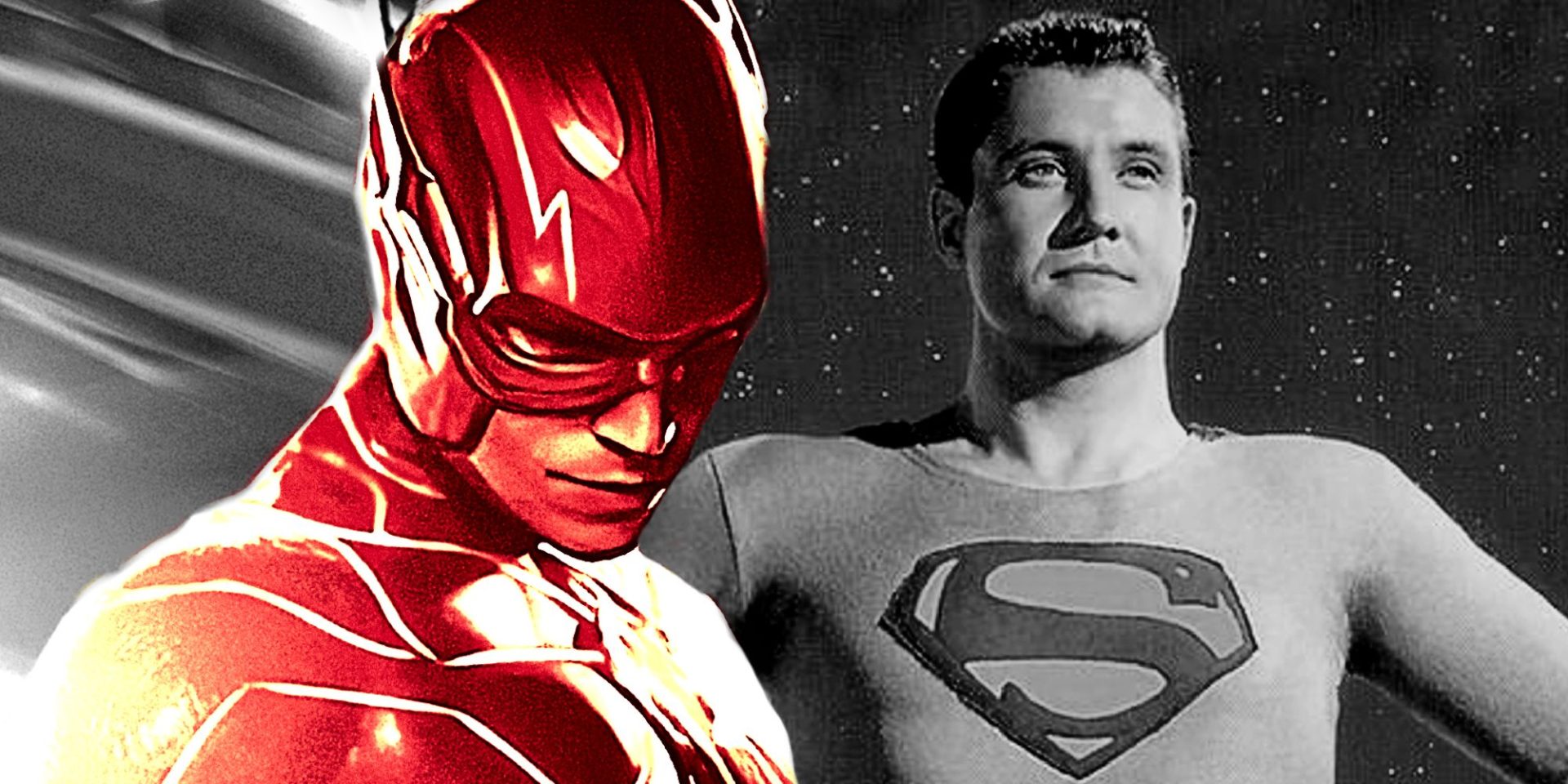
The multiversal cameo characters that appear in The Flash while Barry Allen travels back in time include Christopher Reeve’s Superman, Helen Slater’s Supergirl, Nicolas Cage’s Superman, Adam West’s Batman, and George Reeves’ Superman. Apart from the unrealistic quality of The Flash‘s VFX work, the fact that the movie used CGI models of previous DC actors without explicit permission has also caused controversy among audiences. In the case of George Reeves, the circumstances of the late actor’s death only make his appearance on The Flash even more questionable.
Who Was George Reeves & What Happened To Him?
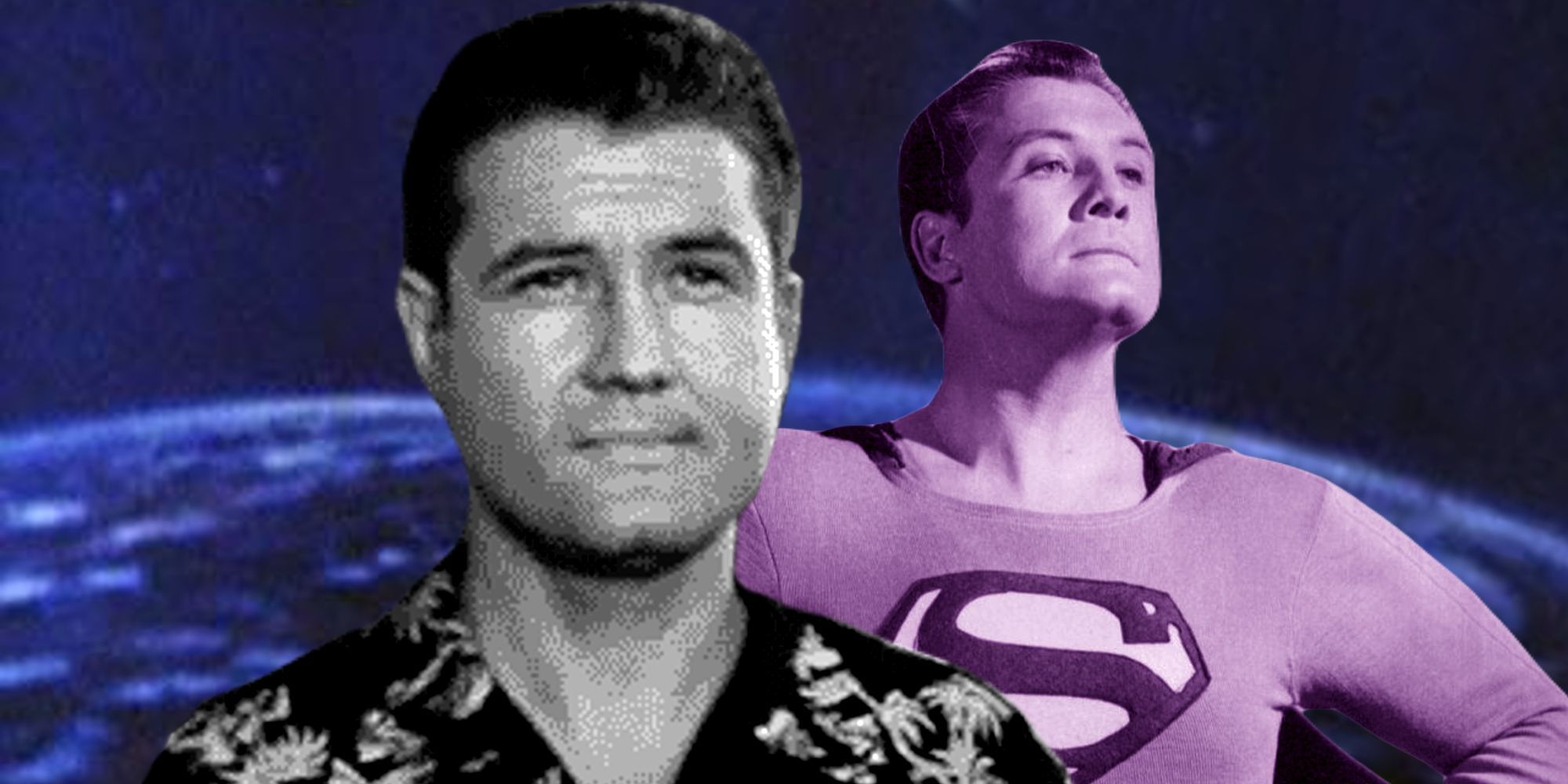
George Reeves is the second actor in history to play Superman in live-action, bringing the Man of Steel to life in 1951 after Kirk Alyn tested the waters in 1948 and 1950. While aiming for bigger roles in his Hollywood career, George Reeves took the role of Superman for the 1951 movie Superman and the Mole Men, which led to the 1952 TV series Adventures of Superman. To Reeves’ surprise, Superman was the role that brought him to stardom, but it also came with unexpected side effects, as he couldn’t pursue other ventures or move away from his Superman image. As time went on without another successful project, George Reeves grew tired of the character.
On June 16, 1959, George Reeves was declared dead of a gunshot wound to the head. Reeves’ suicide has been attributed to his frustration for not being able to escape the Superman role, but it also has been contested from the start. Those close to Reeves understood his wish to move on from the character, but they also believed other factors were at play. Reeves had a romantic relationship to Toni Mannix, wife of Eddie Mannix, an MGM manager with many alleged connections to organized crime. With an ambiguous crime scene and strong reasons to believe either theory, George Reeves’ death remains a matter of debate.
Why The Flash Using George Reeves Is So Controversial
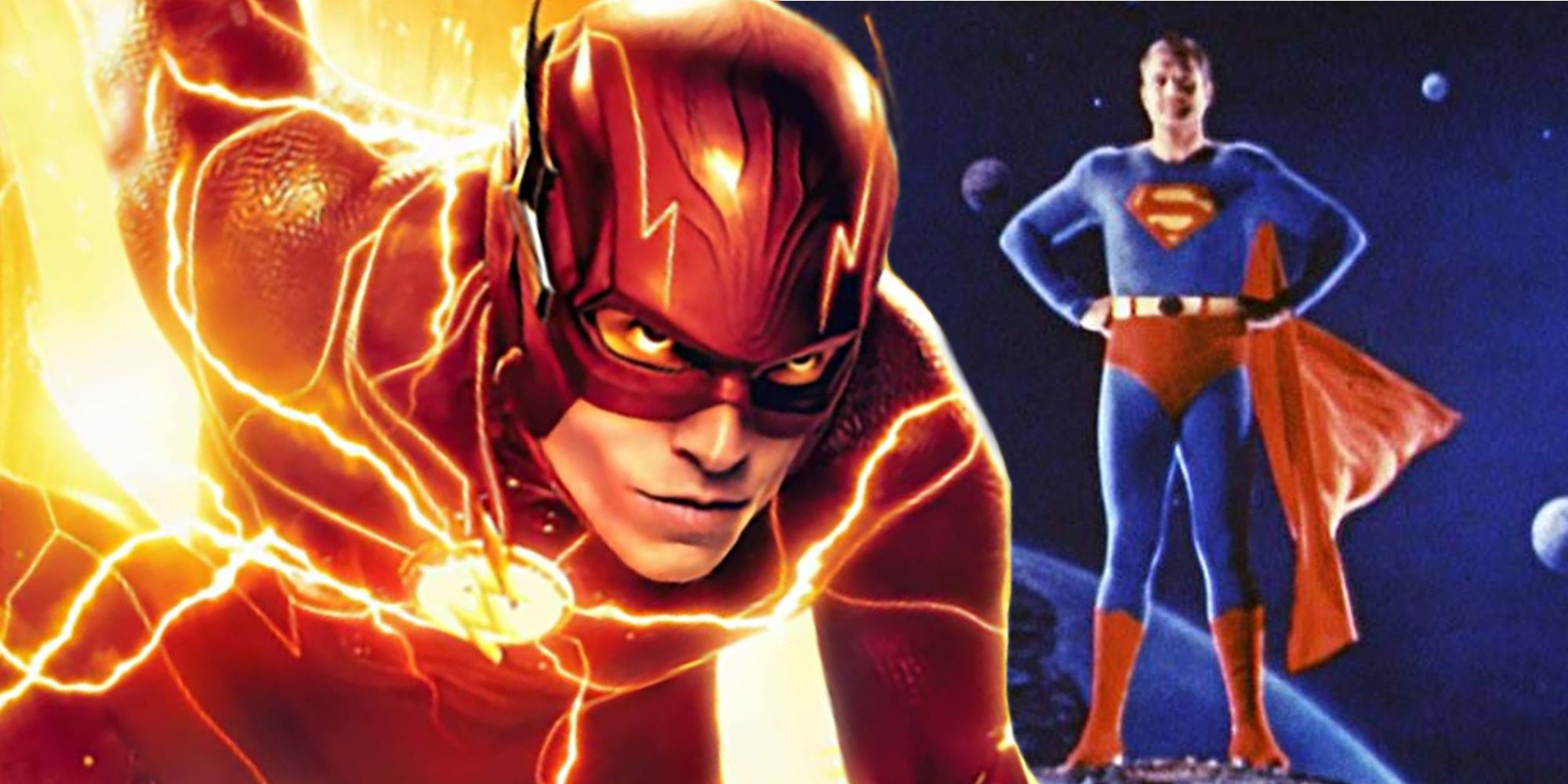
George Reeves’ struggle to separate his career and personal life from Superman prior to his death puts a bitter taste on recent tributes to his portrayal, as any association between him and the character only highlights the main reason for his frustration with the character. Hence, the fact that The Flash recreated George Reeves’ likeness only to feature him as Superman for a couple of seconds seems disrespectful to his memory. George Reeves couldn’t accept a new Superman appearance in a movie released more than six decades after his death, and even if he could, it’s quite likely that he wouldn’t.
On top of that, The Flash has been released on the 64th anniversary of George Reeves’ death, which only makes his unauthorized appearance even more distasteful. Reeves doesn’t have living family members or an estate to authorize the use of his likeness. And if at least one person possessed that responsibility, it’s also unlikely that they would accept to celebrate George Reeves’ memory on this day by bringing back the one role that affected him so deeply before his tragic death.
Superman Fans Hate The Flash Using Dead Actors For Cameos
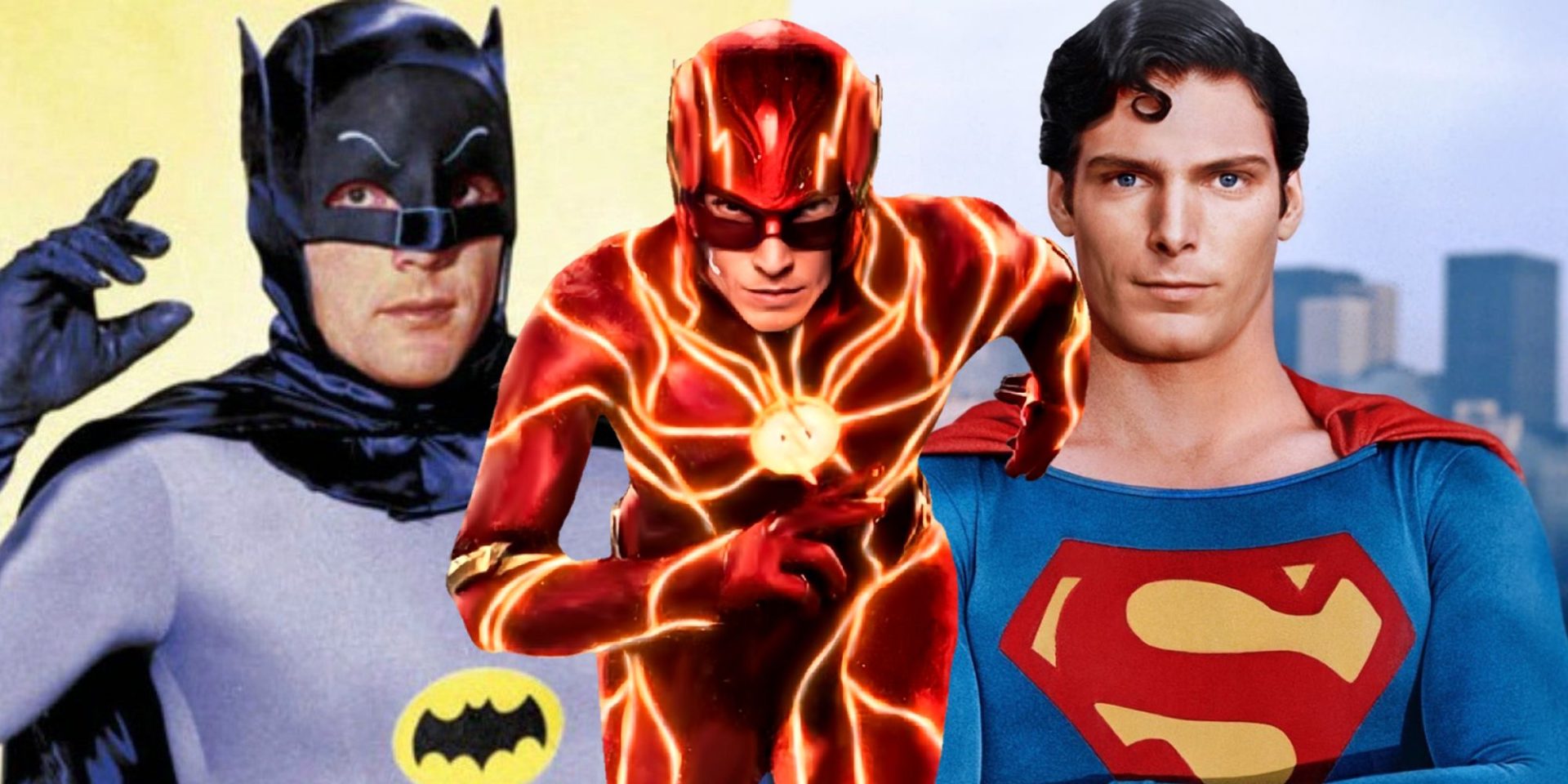
George Reeves’ cameo in The Flash isn’t the only unexpected appearance that has bothered viewers. Although Christopher Reeve and Adam West famously loved their DC roles, their digitally recreated return in The Flash has also caused controversy. Read some of the social media reactions below:
The cameos in the flash are baffling. No one in my theater reacted to them other than to express audible confusion lol. It’s evil to desecrate the dead like this, and hilarious to not even get the desired results either
— Kingofied Tomato (@LegoKingo) June 18, 2023
Comment
by u/SlowOcto from discussion Flash movie uses CGI/deepfake to bring back deceased actors for cameos
in TwoBestFriendsPlay
I liked The Flash it was good but they definitely could’ve chosen actors who were actually alive to do the cameos instead of the CGI dead ones pic.twitter.com/yY76EYOd5D
— Nxgan 🩷 (@nxganussy) June 17, 2023
Comment
by u/Pupniko from discussion ‘The Flash’s surprise cameo represents everything bad about superhero movies in 2023 [Contains spoilers for The Flash]
in Fauxmoi
The return of actors like George Reeves, Adam West, and Christopher Reeve in The Flash adds to a growing discussion that had already started with CGI appearances like those of Peter Cushing’s Grand Moff Tarkin and Carrie Fisher’s Princess Leia in Star Wars: Rogue One and Harold Ramis’ Egon Spengler in Ghostbusters: Afterlife. While some of these digital recreations of famous dead actors have been received more positively than others, the inability to request direct authorization from the actors themselves creates a certain sense of disrespect to the dead that’s difficult to shake off by many viewers.
In The Flash, the already controversial idea of bringing back three late actors is aggravated by their lack of narrative weight in the plot, which makes their characters seem like an afterthought. With living actors like Grant Gustin, John Wesley Shipp, and Lynda Carter known to enjoy their DC portrayals and able to consent to new appearances, the use of dead actors’ likenesses can be read as a rushed attempt to capitalize on nostalgia without going through the effort of working with living actors. Combined with The Flash‘s rough visual effects, the ill-advised use of dead actor likenesses for the movie’s multiversal cameos is a perfect recipe for controversy.
Source: screenrant.com



